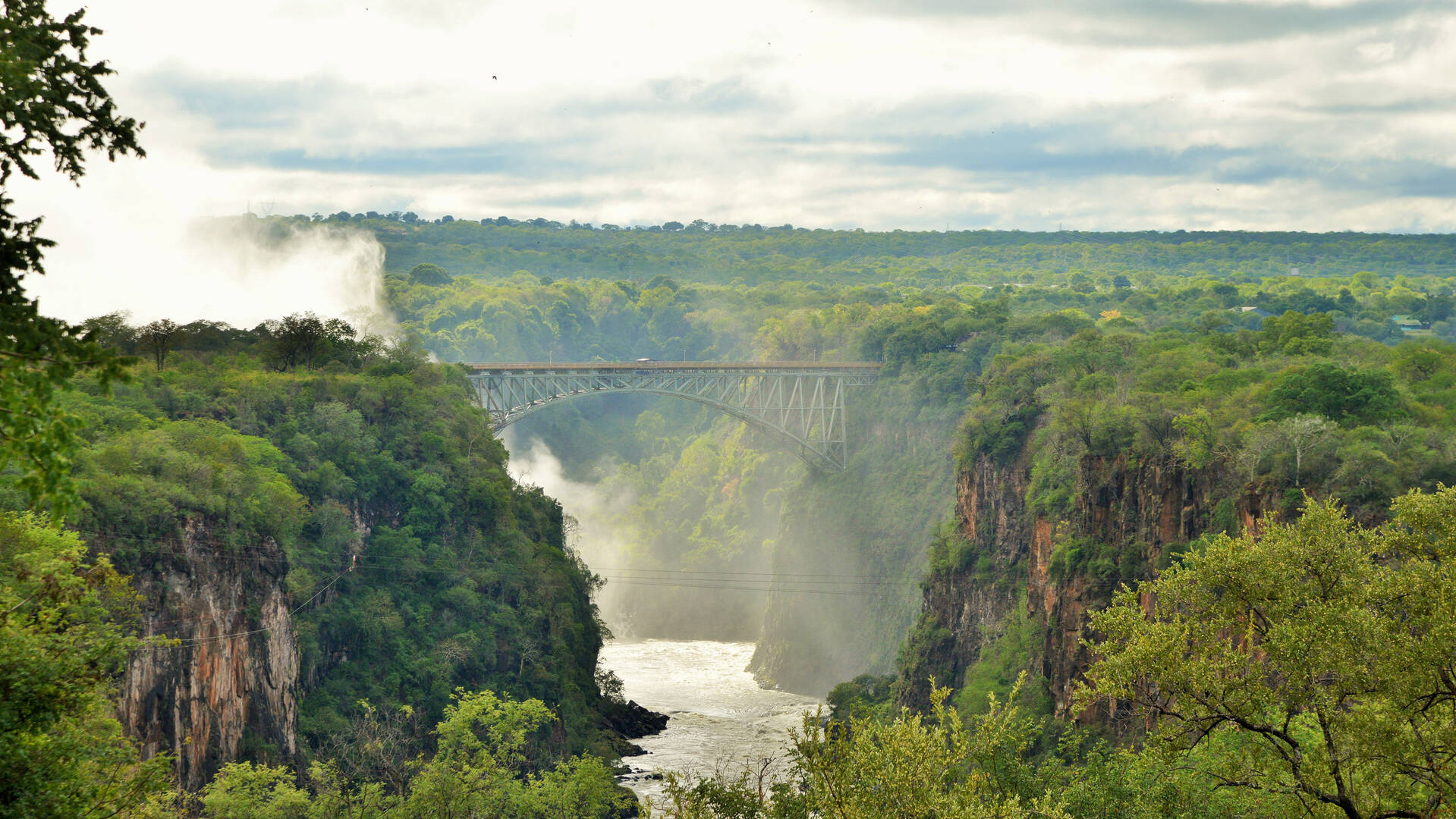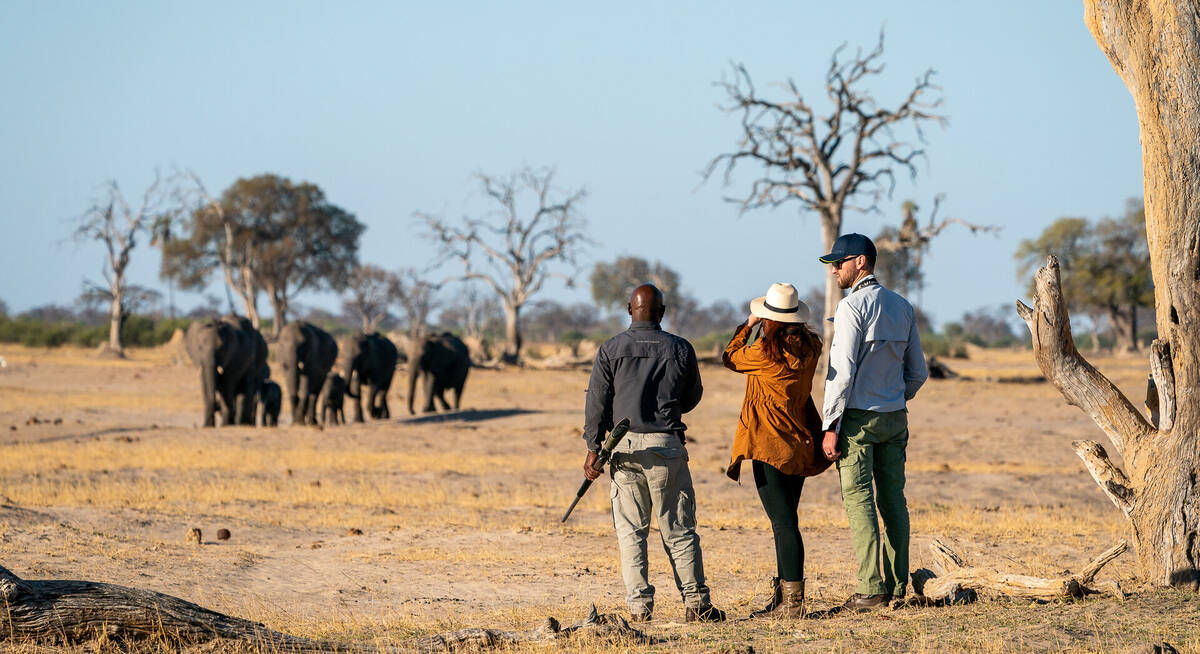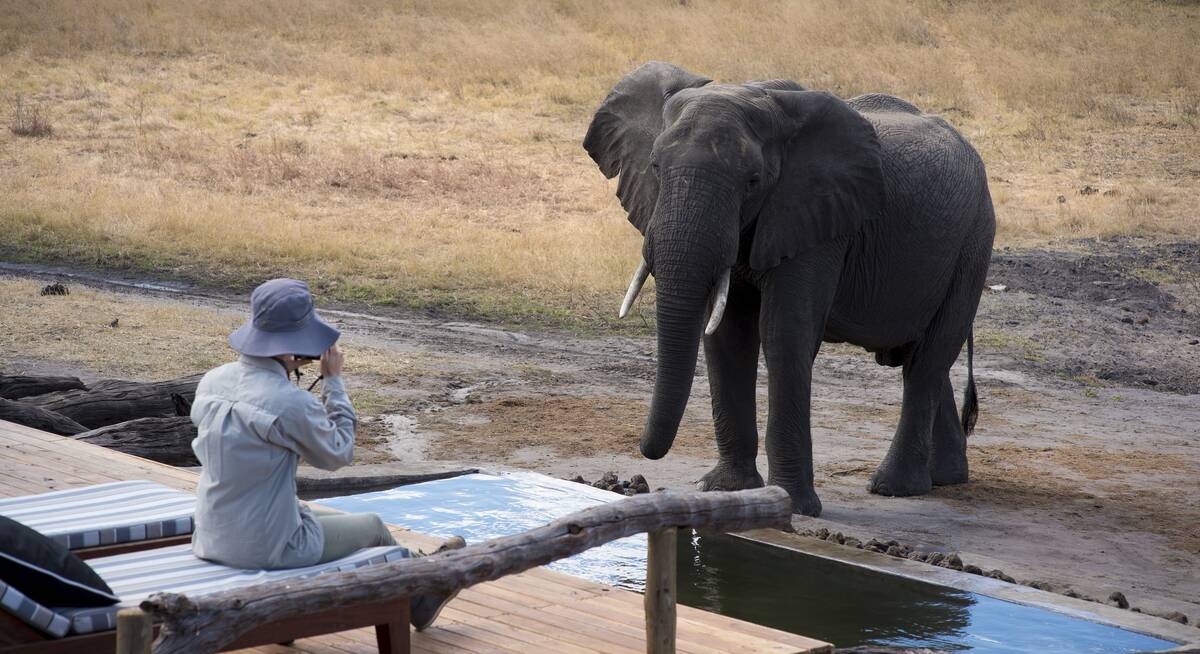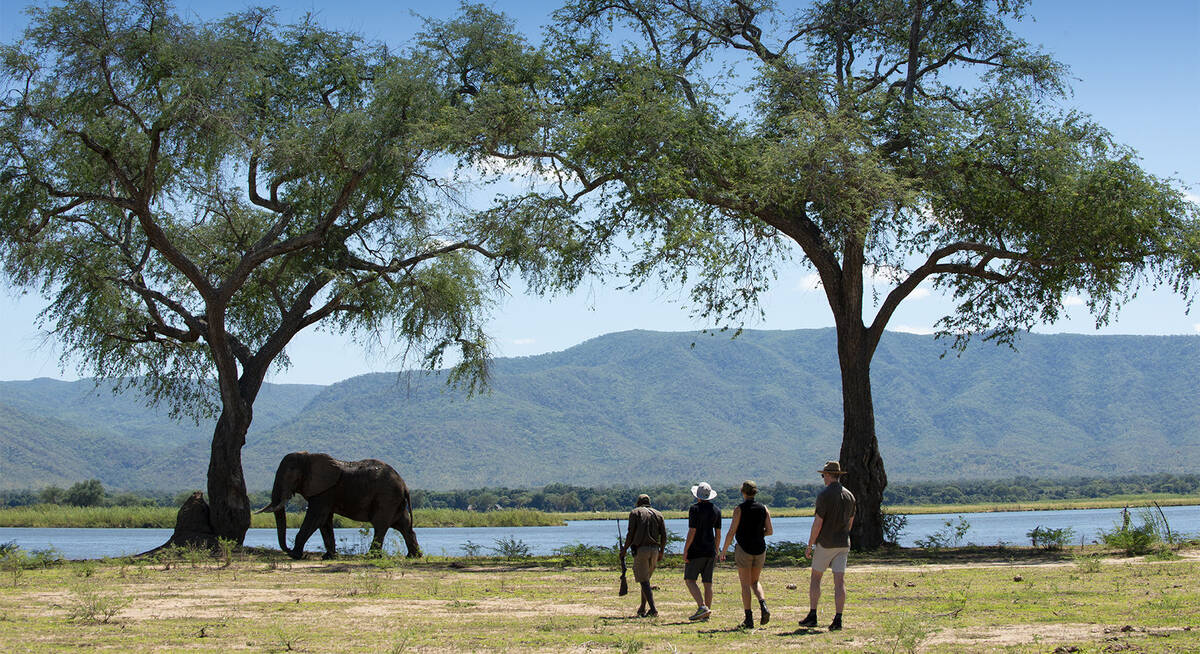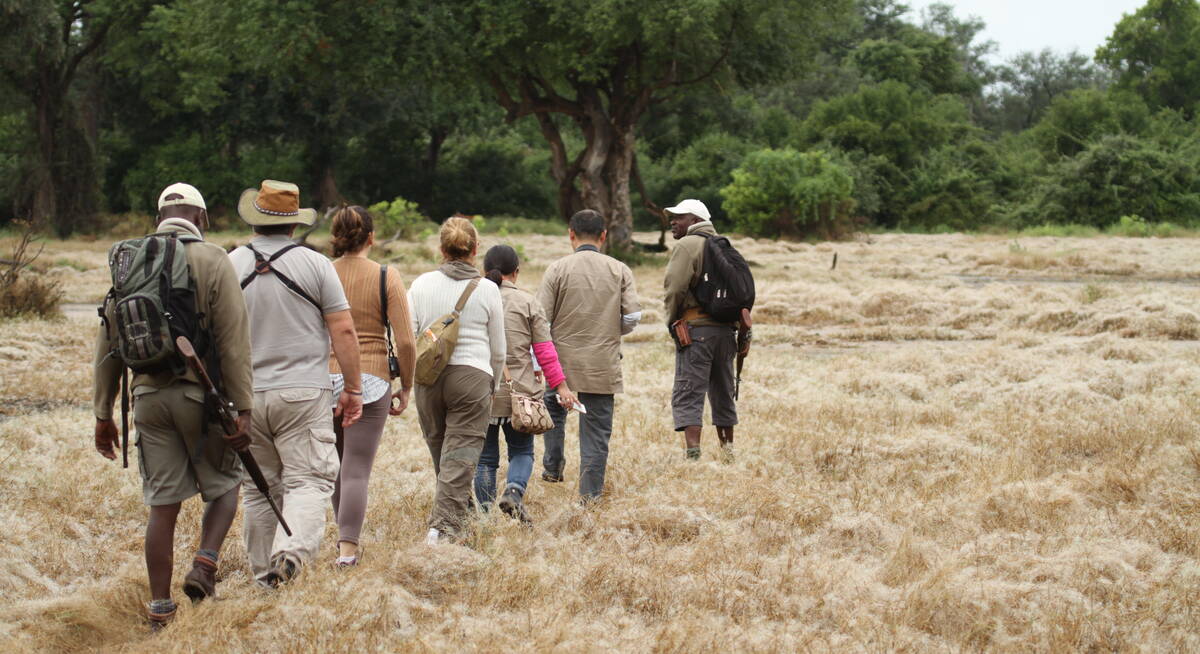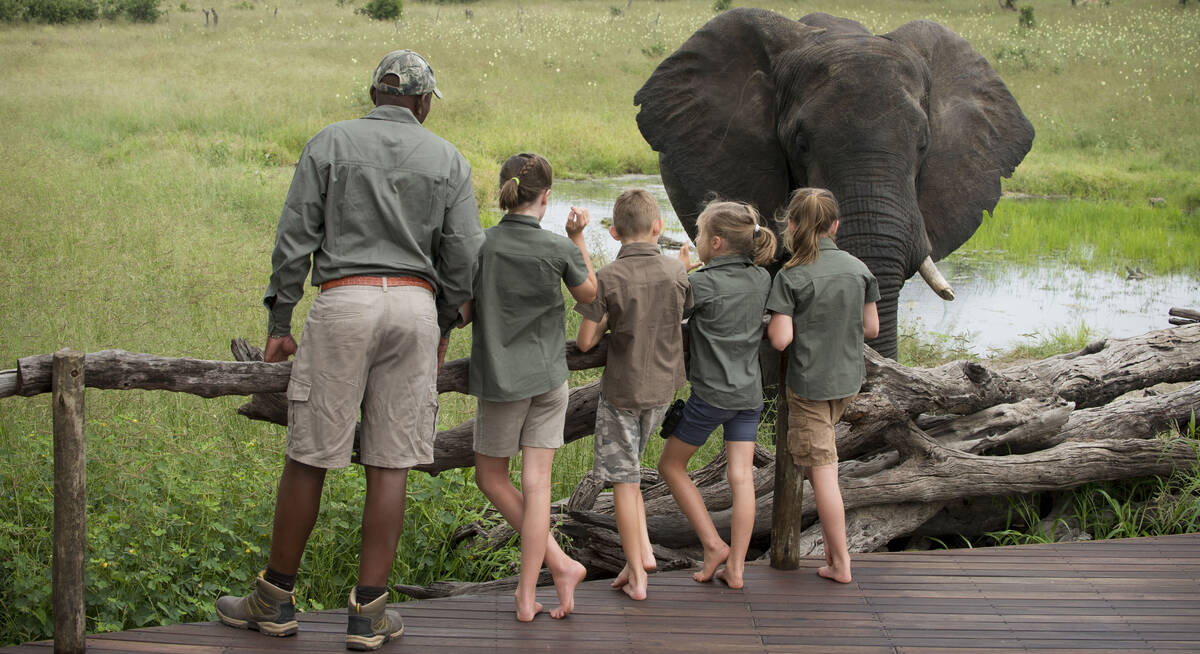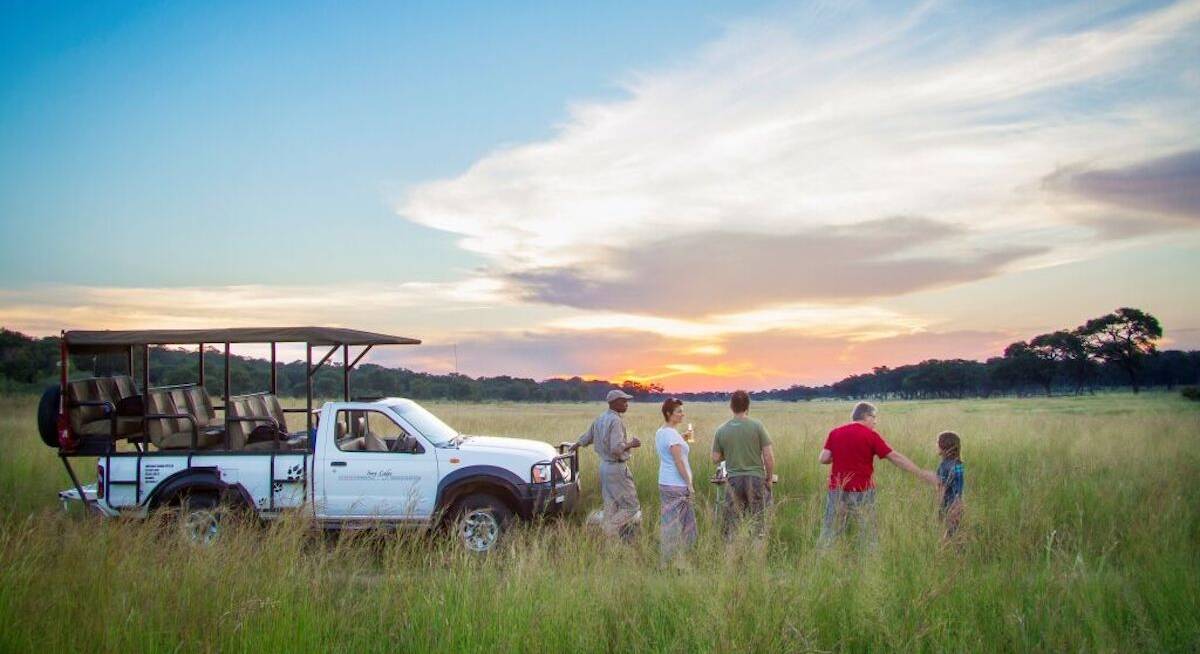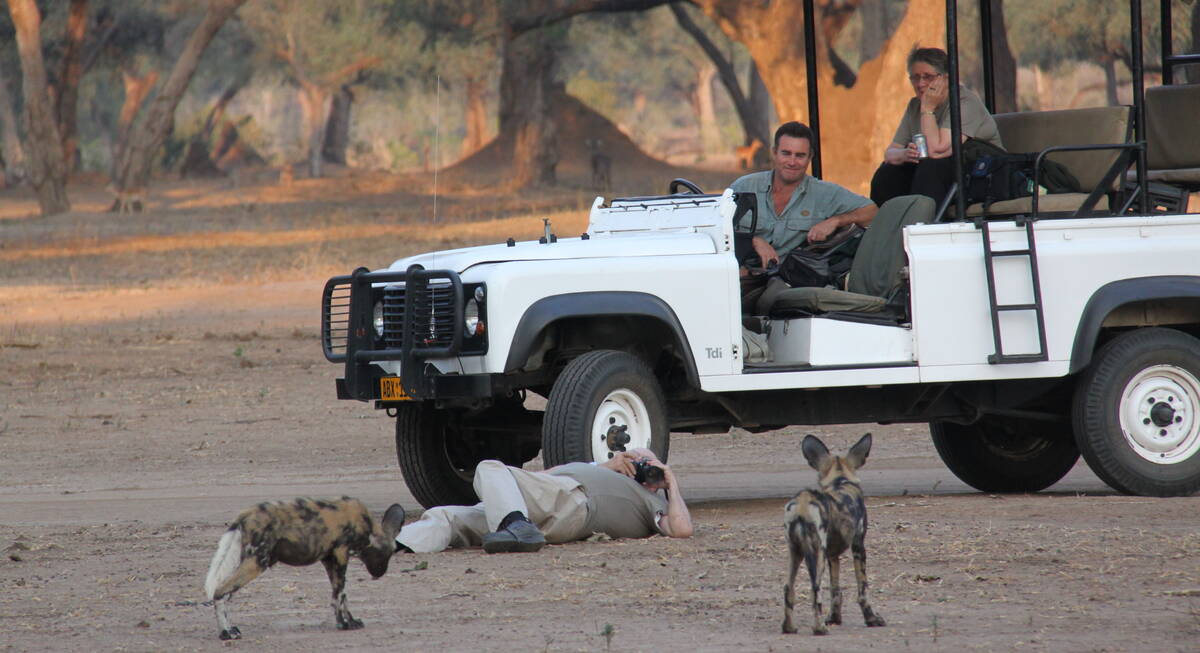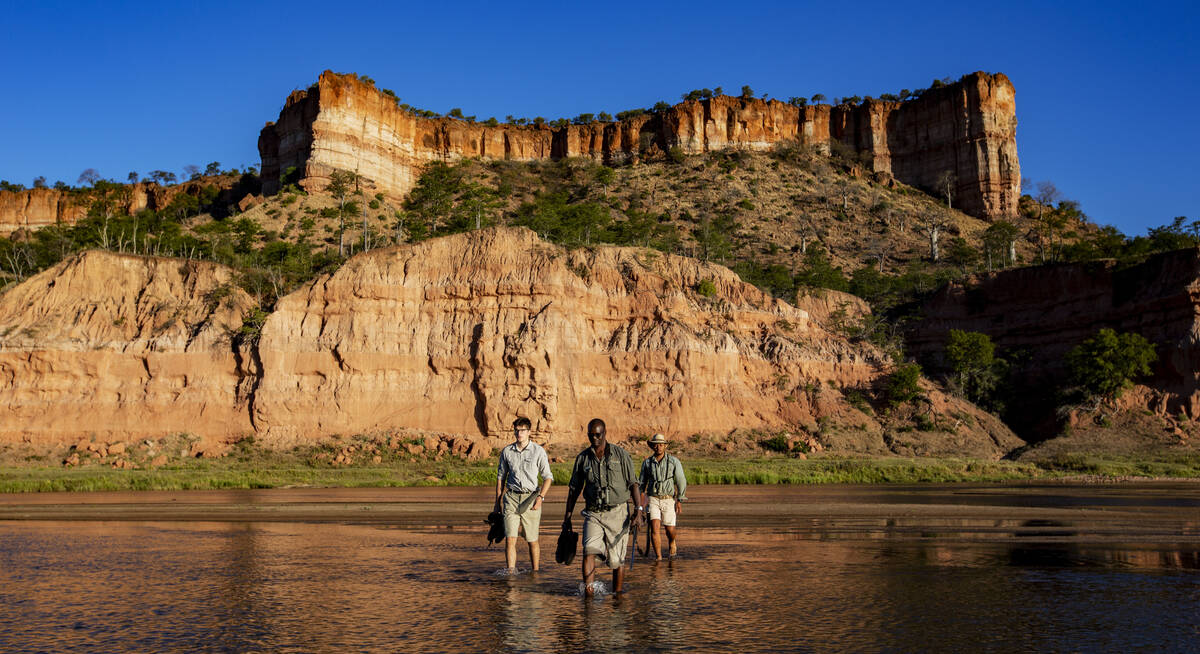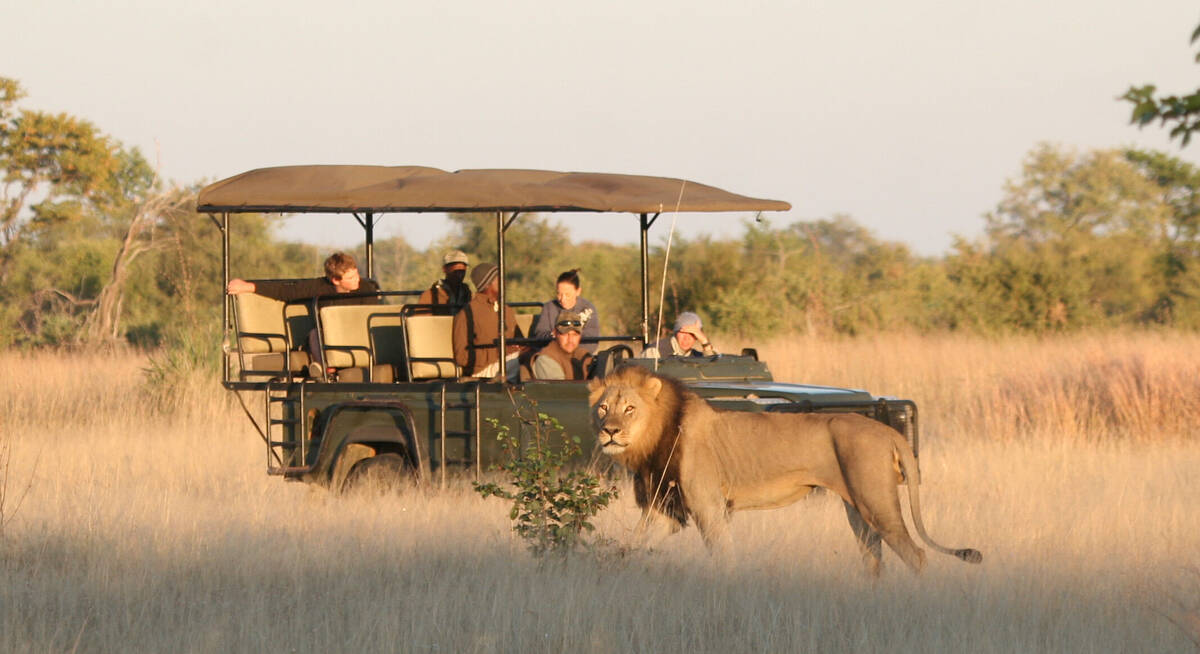Food in Zimbabwe
Zimbabwe's safari camps and lodges serve high-quality European-style food. Their chefs are adept as coping with shortages, and most visitors will never be aware of any!The traditional diet of local Zimbabweans is mainly based on a corn-meal dish called sadza - which is powdered maize, mixed with water and cooked to the consistency of thick mashed potatoes. This is supplemented with relishes, or sauces, which might include beans, squash, pumpkins, yams, peanuts, mapopo (papaya), kapenta (a small, dried fish) – and meats from chicken and beef to biltong (dried meat) and game meats (kudu and impala).
Health in Zimbabwe
Travelling to Zimbabwe, hepatitis B, tuberculosis, cholera and rabies vaccines are sometimes advisable, although not required; a yellow fever vaccination certificate is required from those travellers coming from areas at yellow fever risk. Malaria occurs in the areas below 1200m and in the Zambezi Valley, so you should take anti-malarials when going there.Always check the latest requirements with your own doctor before you travel, although for a useful source of supplementary health information, check with the Scottish NHS.
HIV infection rates are high; AIDS is widespread in Zimbabwe. Usually, this isn't an issue for travellers, but they should be aware of this situation, and take sensible precautions to avoid infection. Expert Africa understand that blood supplies used by Zimbabwe's private hospitals have been carefully screened for years.
Language in Zimbabwe
English is the official language in Zimbabwe, although the majority of Zimbabwe's population also speaks Shona or Ndebele. Most guided safaris are usually conducted in English.Visas for Zimbabwe
Currently (Feb 15), UK and US nationals need visas when travelling to Zimbabwe. These can be obtained on arrival. Please check with your nearest Zimbabwean Embassy or High Commission for the latest regulations, general visa requirements and fees.For those travellers who may wish to combine a visit to Zimbabwe with one to Zambia it is now possible for travellers to obtain a dual visa, known as the Kaza Univisa. This is still very new to us (only commencing on 28th November 2014) so we are not yet familiar with how effective it is – but it seems to be working so far. It is currently available for purchase at both Victoria Falls and Harare Airports as well as at the Victoria Falls border. The cost is U$50 per person and allows entry into both countries. It is valid for 30 days as long as you stay in Zambia and Zimbabwe during this period. It also allows day trips into Botswana through the Kazungula border crossing too.
Weather and climate in Zimbabwe
The weather and climate in Zimbabwe is similar to Malawi's and Zambia's weather pattern – generally very warm and tropical, split into a wet and a dry season.Our top picks for holidays to Zimbabwe
We'll always tailor-make your Safari for you. Here are some of our favourites to inspire you.

Looking for inspiration on where to travel next?
Visit our trip chooser to explore your options and find inspiration for your perfect African adventure
Inspire me